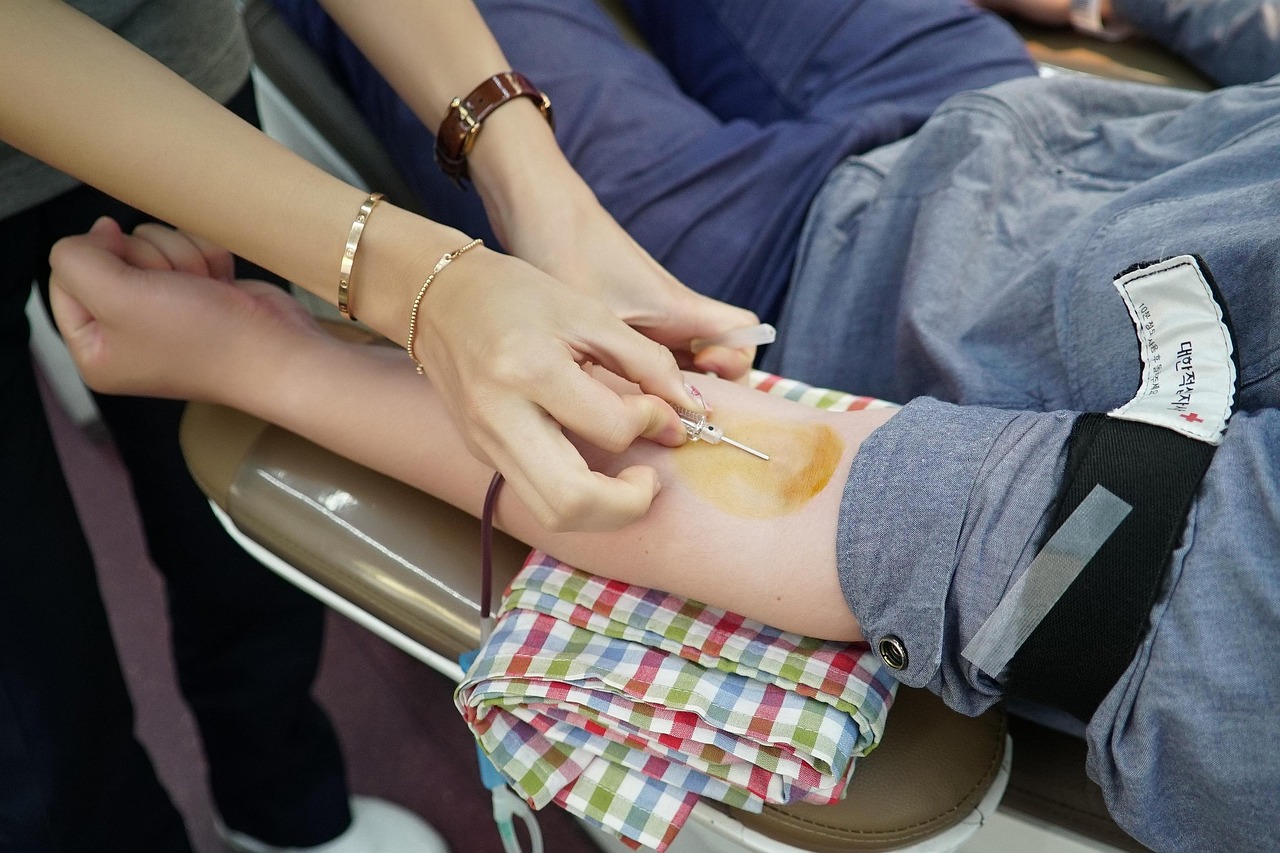Expert Reaction
These comments have been collated by the Science Media Centre to provide a variety of expert perspectives on this issue. Feel free to use these quotes in your stories. Views expressed are the personal opinions of the experts named. They do not represent the views of the SMC or any other organisation unless specifically stated.
Yasmin Mowat is a Public Health Researcher at the Kirby Institute, UNSW Sydney, working in collaboration with the University of Queensland and Australian Red Cross Lifeblood
A national survey jointly conducted between our team at the Kirby Institute with Lifeblood and other partners estimates that these changes will considerably increase the rate of eligibility for plasma donation in Australia, with around 626,500 newly able to donate.
Together with gender neutral assessments, these changes represent an evidence-based approach to donor selection that better accounts for changing societal expectations of equity, by opening the door to more donors while maintaining high safety standards.
As these changes take effect, ongoing evaluation will be essential to monitor the impact on donor numbers, safety, and public perception. Through our research collaborations with Lifeblood, we will continue to track these outcomes and help inform further policy improvements.



 Australia; NSW; QLD
Australia; NSW; QLD


